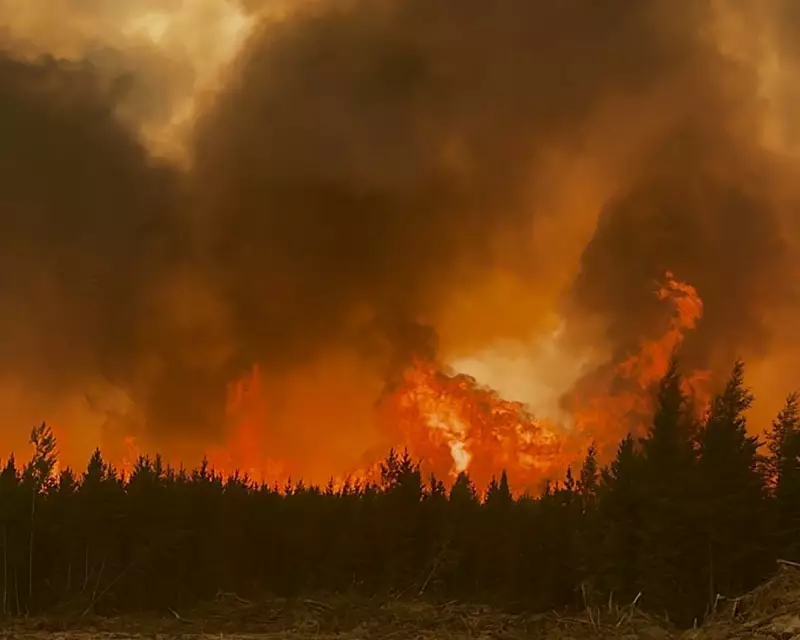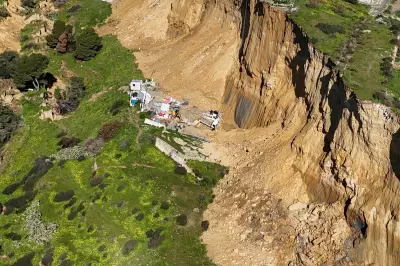
Canada is grappling with an unprecedented wildfire season, with blazes scorching millions of hectares and sending smoke across North America. The scale of destruction has shattered previous records, raising urgent questions about climate change and disaster preparedness.
Unprecedented Scale of Destruction
Firefighters across Canada are battling hundreds of active wildfires, with some provinces declaring states of emergency. Satellite imagery reveals vast plumes of smoke stretching thousands of kilometres, affecting air quality as far south as the United States.
Key Statistics:
- Over 15 million hectares burned - triple the annual average
- More than 200,000 residents evacuated
- Smoke alerts issued in major cities including Toronto and New York
Climate Change Connection
Scientists point to warmer temperatures and prolonged drought conditions as key factors fueling these extreme fires. "What we're seeing aligns with climate change projections," explains Dr. Emily Carter, a wildfire researcher at the University of British Columbia.
Long-Term Impacts:
- Carbon release from boreal forests may accelerate warming
- Ecosystem recovery could take decades
- Increased frequency of extreme fire seasons likely
Emergency Response Challenges
The scale of the crisis has stretched firefighting resources thin, with international crews being brought in to assist. Health authorities warn vulnerable populations to limit outdoor activities due to hazardous air quality.
As the season continues, officials warn the worst may be yet to come, with peak fire conditions typically occurring in late summer. The crisis has reignited debates about forest management practices and climate policy.





